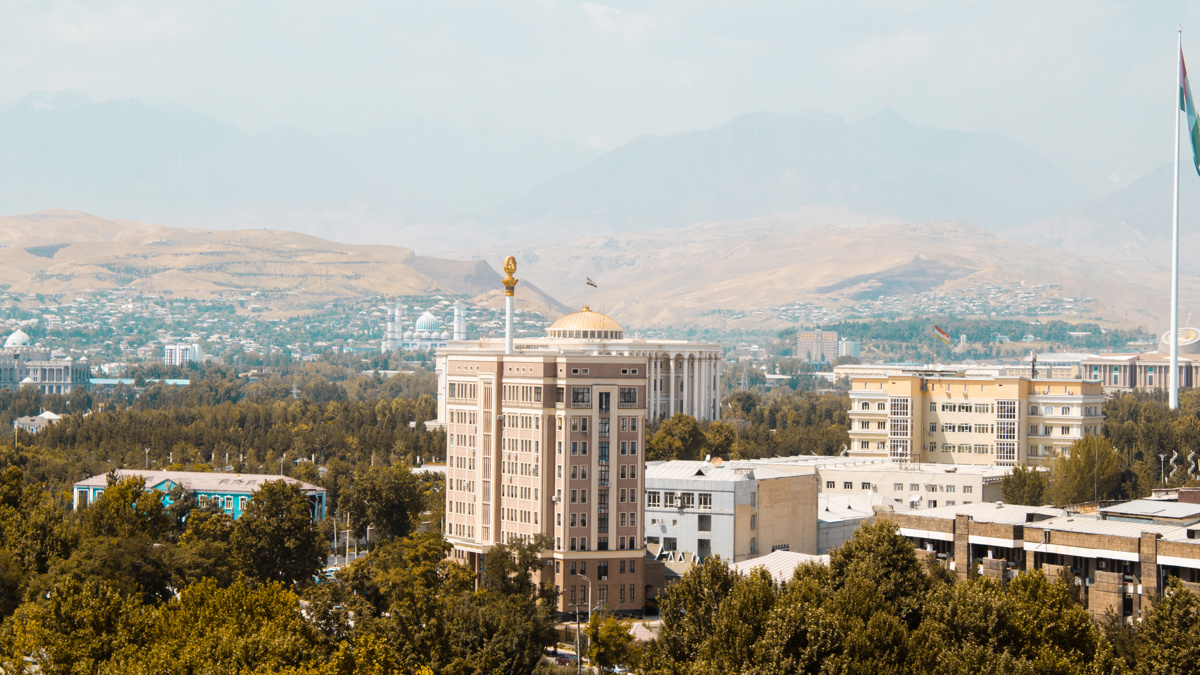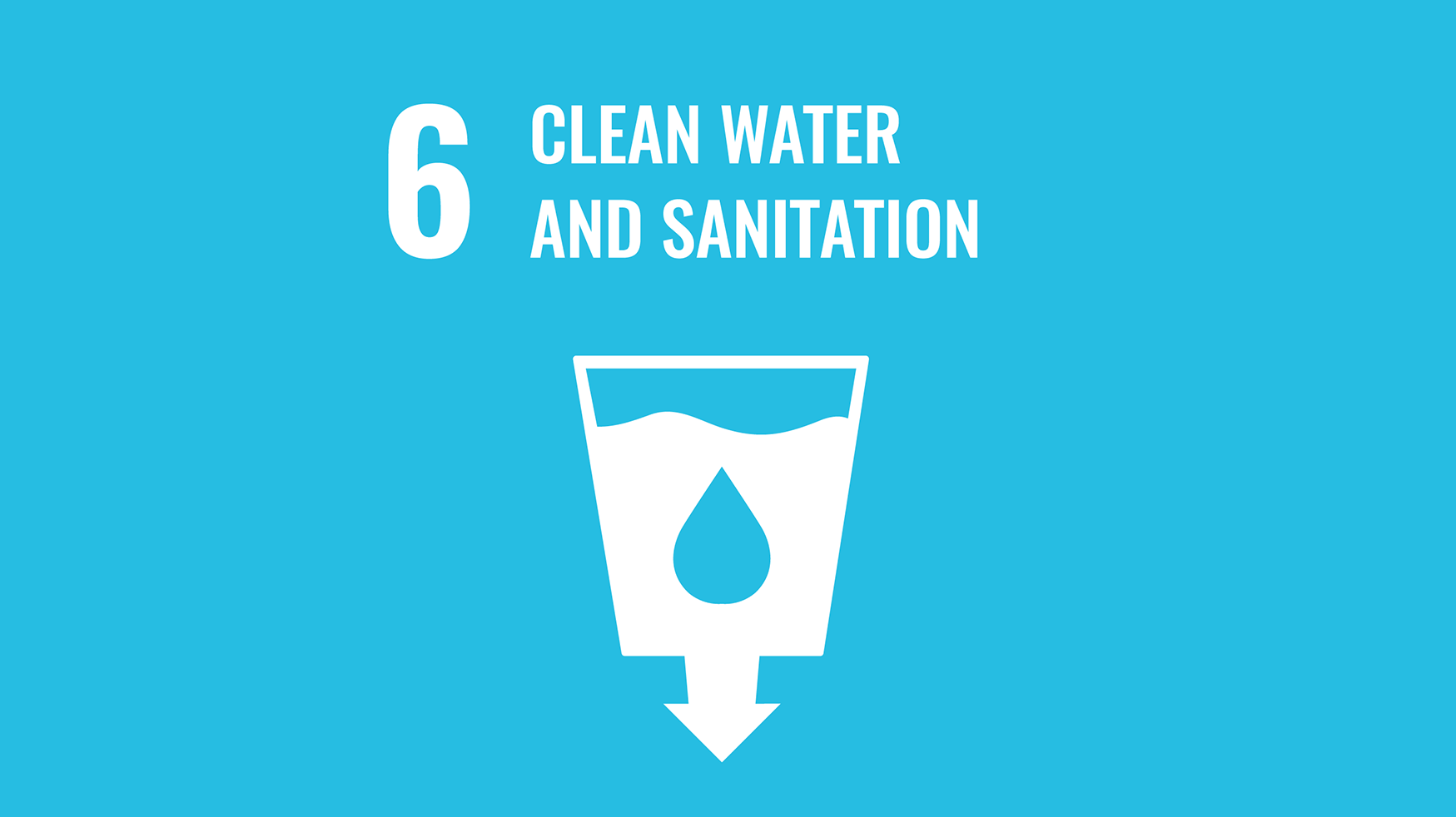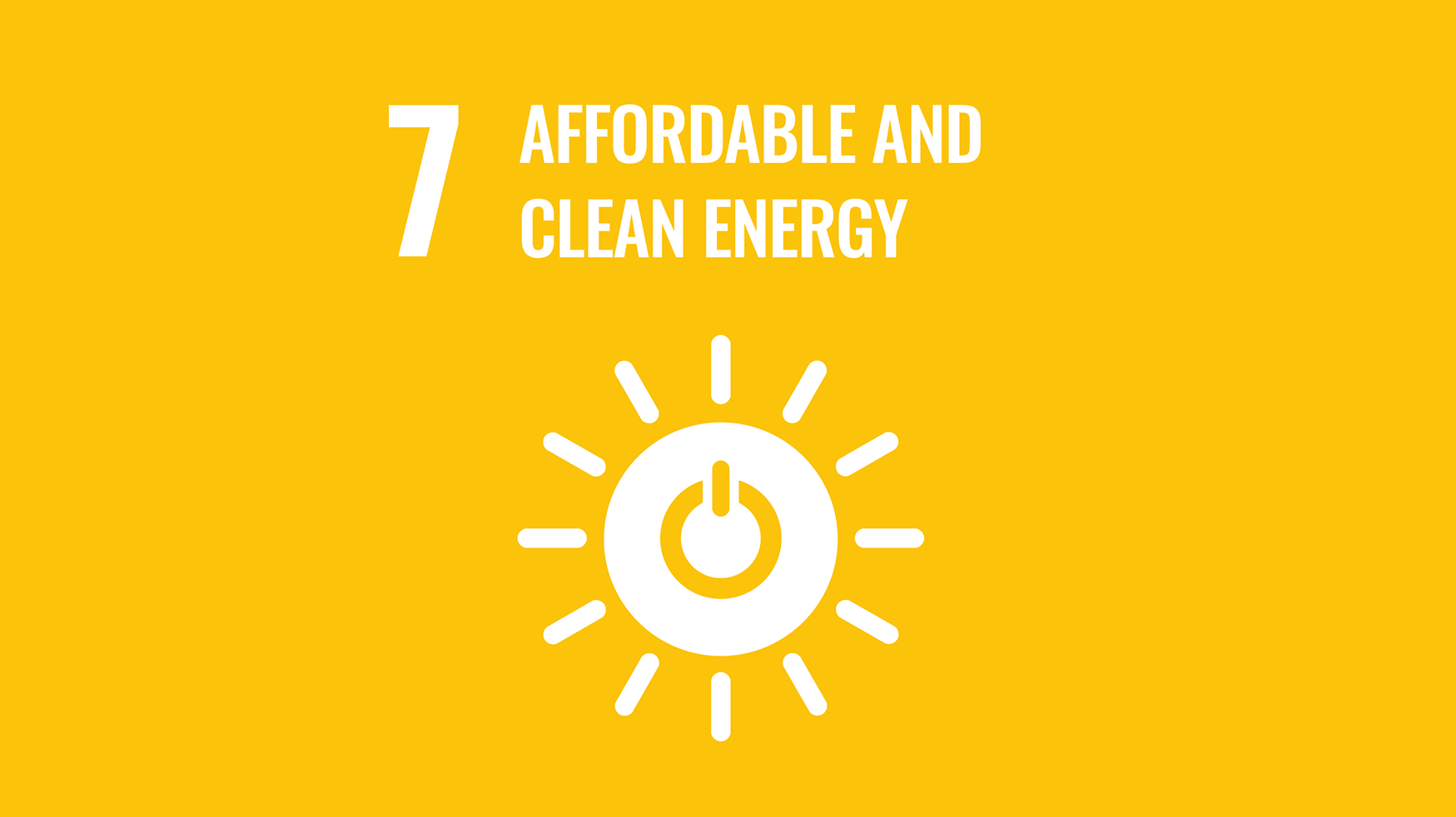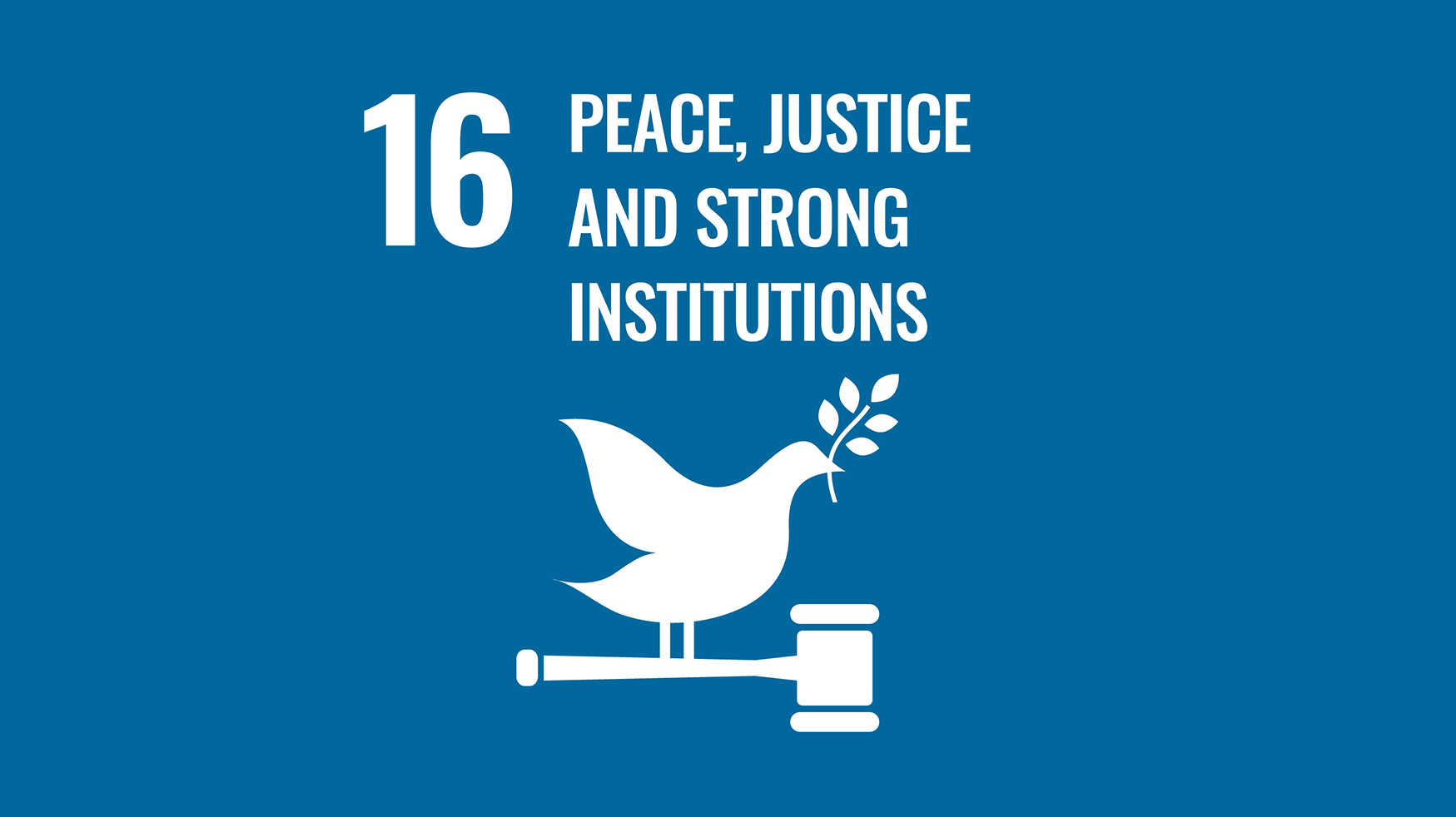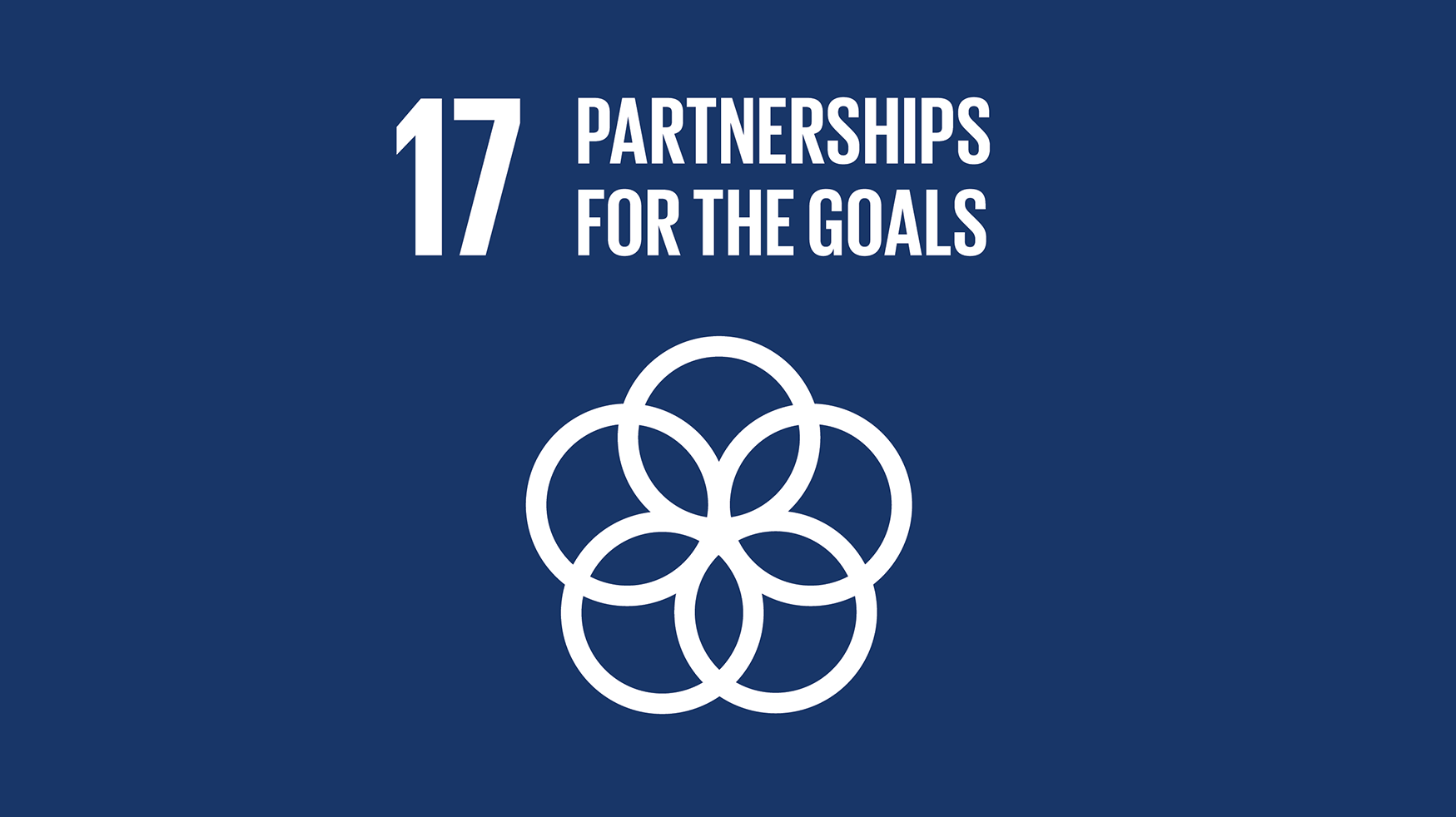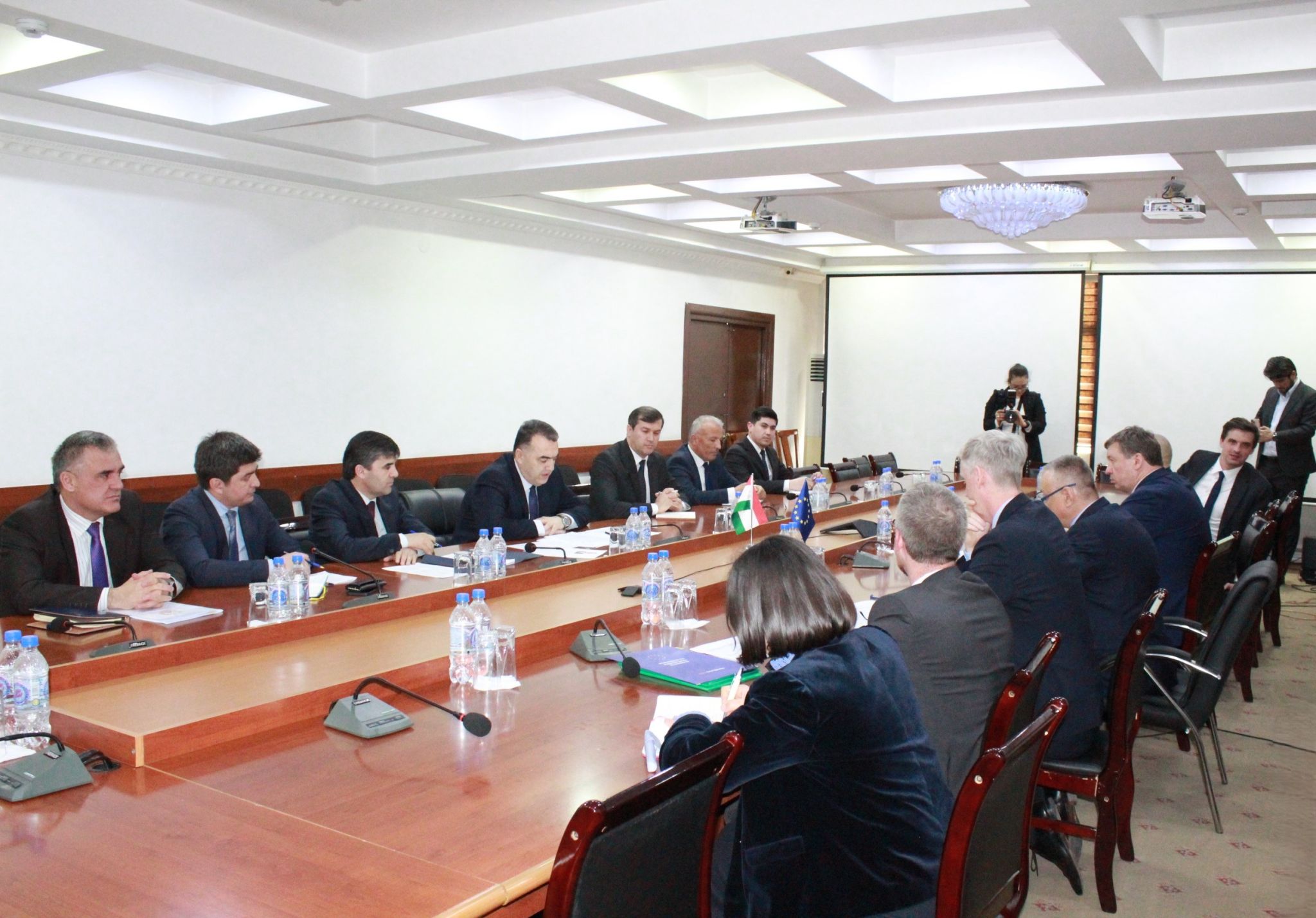
Tajikistan is a landlocked country with a population of approximately 9.5 million people, the majority living in rural areas. The energy sector relies predominantly on hydropower, supplying over 90% of its electricity. However, ageing infrastructure and seasonal shortages underscore the urgent need for sustainable energy reforms. Technical Assistance Package for the Sustainable Energy Support Programme focuses on addressing key challenges in the energy sector in Tajikistan to achieve reliable, green, and affordable energy. Aligned with the European Union’s (EU) climate resilience and sustainable development goals, the initiative emphasises enhanced governance, improved legal and regulatory frameworks, and strengthened the technical, organisational, and financial capacity of energy operators.
The Ministry of Energy and Water Resources (MoEWR) is supported in policy development, sectoral coordination, and fostering transparency in the energy-water-food nexus. Apart from the Ministry project beneficiaries are also, the Electricity Regulation Department of the Antimonopoly Service (ERD/AMS), national energy companies BT, SIB and STB, the State Inspectorate for Energy, TaUz Hydro LCC, and Nurofar.

Key outputs include: streamlining energy legislation, establishing an independent Electricity Regulatory Agency, and enhancing the capabilities of energy operators in generation, transmission, and distribution. Additionally, the project aims to facilitate funding flows for climate action projects and ensure compliance with international environmental and social governance (ESG) standards.
Implementation
NTU’s implementation approach builds upon extensive multi-country experience in energy sector reform and institutional change, underpinned by three foundational pillars: Solid Legal and Regulatory Foundations, Sound Governance and Sector Regulation, and Human-Centric Change Management. These pillars enable the delivery of five interconnected technical outputs, ensuring comprehensive and sustainable reform.
Key methods include early engagement with stakeholders to identify and mitigate risks, peer-to-peer collaboration between Tajikistan and EU professionals, and bespoke capacity-building initiatives to empower local energy sector professionals. Tools such as adaptive project management systems, real-time monitoring dashboards, and structured knowledge exchange workshops ensure continuous improvement and alignment with best practices. Processes are streamlined through strong coordination with sector stakeholders and integration of lessons learnt from NTU’s previous projects, including GT092. This approach ensures transparency, innovation, and alignment with Tajikistan’s unique energy sector context and international standards.
For the outcome of the better governance of Green Transition in the Electricity Sector in Tajikistan, NTU supports the amending process of market rules that govern the national power market, develops the Vision of the Government of Tajikistan for the Electricity Sector, National Strategies (RE-EE), Action Plans and Roadmaps, promotes the integration of the Water-Energy-Food Nexus approach in Strategic Planning, and Gender and vulnerable groups equality dimension in energy policy debate. The second Project’s outcome of better governance of Green Transition in the Electricity Sector in Tajikistan, NTU develops the roadmap for cost-reflective tariff setting in the electricity sector and supports its implementation, enhances licensing procedures in generation, transmission and distribution transparency and accessibility to all customers, adopts actions to improve the level of operation of the internal market in Tajikistan and connection with neighbouring countries. In the outcome of three compartment - Improved Generation-Transmission-Distribution Operators’ regulatory compliance with organisational structures, sustainability of operations and cost-reflectiveness – NTU supports measures directed at enhancing the level of Quality of the Generation-Transmission-Distribution Services, the level of financial soundness of Market Operators and support the establishment of Cost-recovery mechanism for irrigation.
Expected Impact
-
Establishment of power market rules which should ensure fairness and transparency in governing the national power market;
-
Reduced losses in electrical systems from 21.2 % in 2023 to 17% in 2027;
-
Ensured reliability of power supply by achieving the situation in which power cuts happen only in emergency cases;
-
Increase electricity production from renewable sources, excluding hydroelectric by developing at least 10 Renewable Energy projects;
-
Increased energy saving by households and industry: At least 10% of energy saved due to planned measures in 2027;
-
Strengthened institutions: Enhanced capacity of the Ministry of Energy and Water Resources (MoEWR) ensures improved governance, policy development, and implementation for the energy and water sectors.
-
Improved coordination: Better communication within MoEWR and across ministries promotes a cohesive and efficient approach to managing energy and water resources.
-
Modernised legal framework: Streamlined legislation and an independent Electricity Regulatory Agency attract investments and foster a stable, transparent energy sector.
-
Operational efficiency: Enhanced capacities of key operators (BT, SIB, SO, and STB) improve service delivery, reduce losses, and ensure financial sustainability.
-
Economic and social benefits: Reliable and affordable energy supports economic growth, improves living standards, and benefits rural and underserved areas.
-
Regional integration: Alignment with international standards strengthens regional energy cooperation and Tajikistan’s role in Central Asia’s energy market.
SDGs
This programme aligns with the following Sustainable Development Goals (SDGs):

